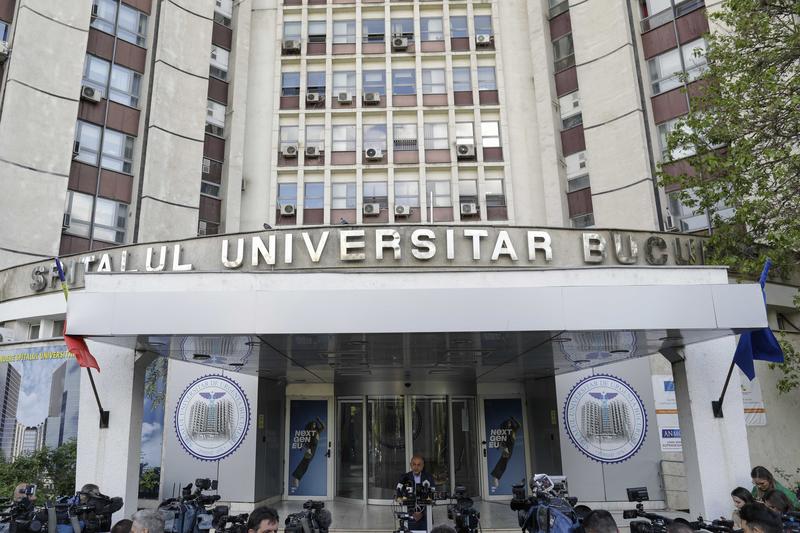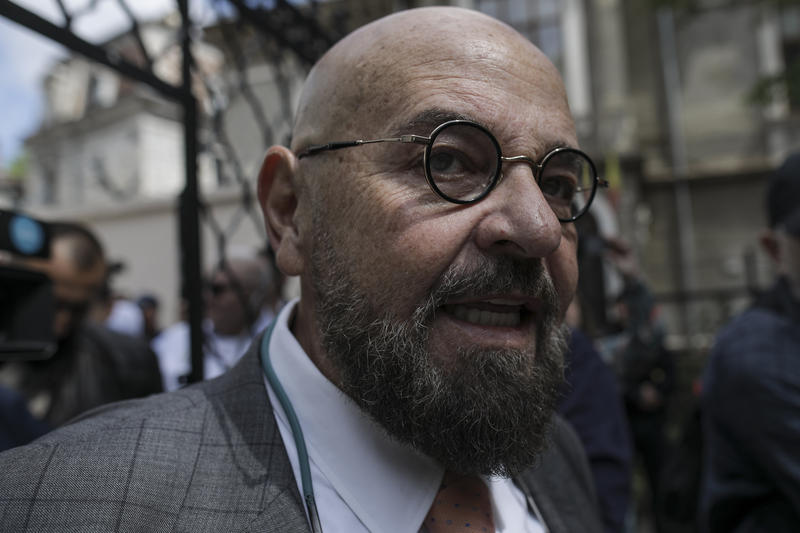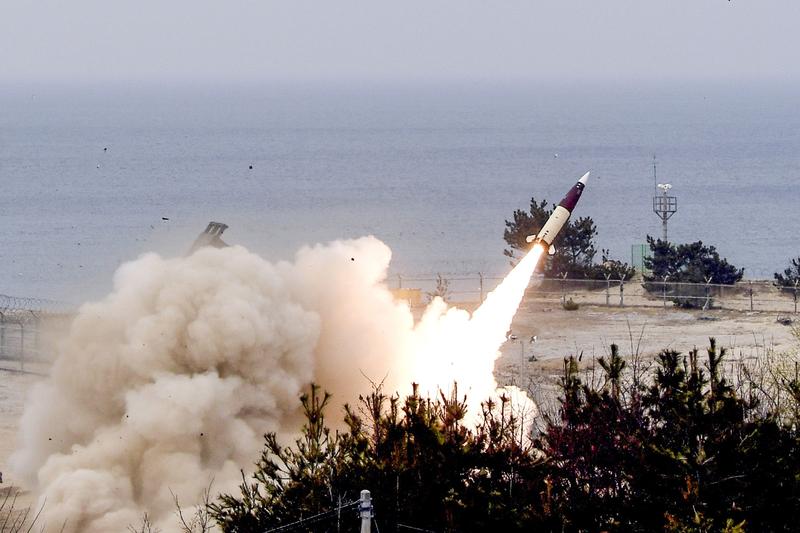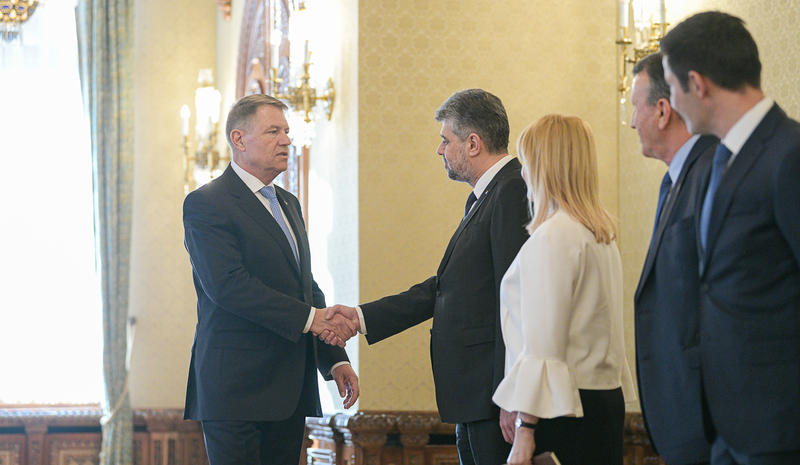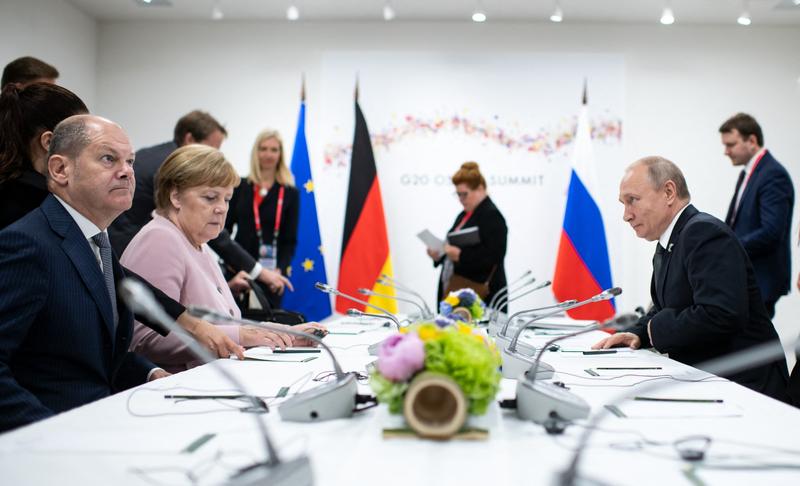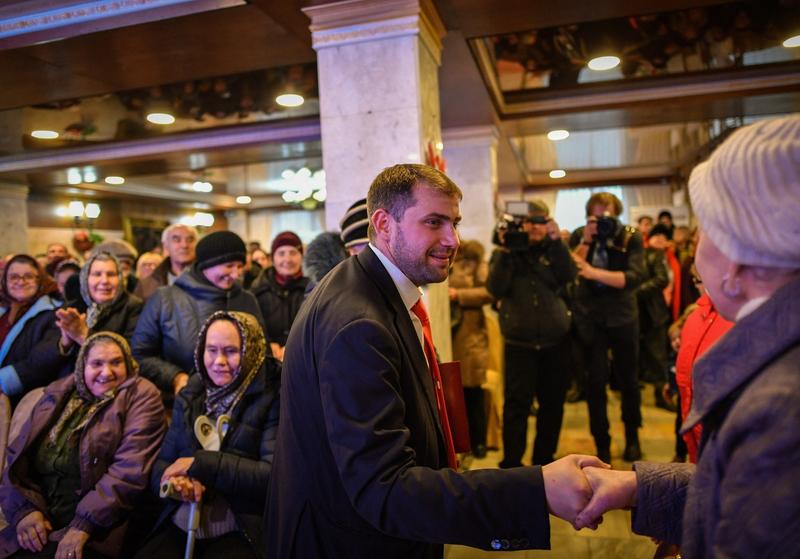The governing PSD and ALDE parties seem determined to pass the laws changing the rules of Romanian justice by Christmas, despite hundreds of magistrates coming out in several cities across the country on Monday in a silent protest on court stairs, in an unprecedented move after the fall of communism. Street manifestations have lost their energy and mobilization, somehow naturally after months and weeks of admirable civic efforts. From now on, we will enter a more tight calendar of actions. What are we heading for?

First of all, we must highlight the determination of the majority to vote in Parliament's plenum, with the support of the UDMR, the amendments to the three sets of bills changing the laws of Justice: the Magistrates Statute, the one regarding Judicial Organization and the Law governing the Supreme Council of Magistrates. Somewhere on December 20-21nd, the three laws will reach the Presidency for promulgation. Beware, we are not talking yet about the changes to the Penal Code and the Penal Procedure Code. Hard to believe that they will now have time for them as well.
After receiving the three laws, President Klaus Iohannis has 20 days at his disposal. This is the constitutional term in which it can be decided whether to promulgate them or return them to Parliament for reconsideration. Most likely, he will re-send them some time around January 10th. According to the information that HotNews.ro has, an extraordinary session will be convened and in a few days the three laws will be voted then. PSD House speaker Dragnea and ALDE Senate speaker Tariceanu do not seem willing to wait until February, when the regular session begins. They would lose too many weeks.
It is expected that the laws will pass again through Parliament in a few days without essential changes unless nothing notable is going to happen. The approximate date when it comes out for the second time from Parliament is around January 15th. Also around this date, laws should reach the group of states against corruption (GRECO), and will form a point of view somewhere in March. As soon as they pass the Parliament for the second time, President Klaus Iohannis will be forced to promulgate them.
He still has the opportunity to delay them a little, through an attack on the Constitutional Court or even more if there will be cascading complaints. After the president, the general prosecutor also has the right to refer the Constitutional Court - and lastly the opposition. We do not know how fast the CCR will move. Will they judge quickly or wait for the GRECO verdict and, possibly, the Venice Commission verdict?
The meeting caught on camera on Friday between PSD MP Florin Iordache and Daniel Morar of the Constitutional Court indicates at least one thing: there is a concern from the PSD to capture at maximum the goodwill of the Court. It is not clear what the two have discussed, but I doubt that Iordache is pursuing something other than passing laws and finding allies for it. For this reason, it would not be ruled out that the regulation of the Assistants Magistrates Activity would simply be a new gift made to the CCR after the super-immunity offered to the judges, one step to pass through Parliament.
In short, the PSD knows that the next great battle for the three laws will be given to the Constitutional Court and will act in time. For judges and prosecutors, these are the most dangerous laws, because they establish direct control mechanisms. For PSD, the changes are vital to inhibit the magistrates impetus as soon as possible.
To sum up a little, this is where we are standing. The street lost its first battle with the Parliament, but not the war. The laws will come back here over 20 days after their adoption. We will see during the Christmas and New Year's Eve how the street responds to the defiance of PSD and ALDE. Meanwhile, hundreds of magistrates fired a major alarm signal. We will see if the magistrates continue their protest after the New Year in a form of strike, as happened in 2016 and 2014, when they refused to judge by limiting to urgent cases, being dissatisfied with their salaries.
Public opinion, although it has shown signs of fatigue, has been radicalizing its speech, the atmosphere has been terribly tense in recent days. The text of Gabriel Liiceanu expresses very well the state of exasperation in society. Equally expressive are the unprecedented forms of protests in Sibiu, where people came out with suitcases in front of the PSD headquarters to draw attention to the risk that young people will leave the country as in the 1990s after the miners events.
Of course, on this radicalized background, President Klaus Iohanis has at his disposal a referendum, a two-tailed gun. Still, PSD seems to be afraid of its use, since it invents new grounds for referendum itself, in order to confuse the public with a view to a popular consultation. Following the traditional family, they have now cast the diversion of the referendum on the monarchy and will still invent few more.
Finally, the big question mark is how will the street react around January 10th, when the laws will once again reach Parliament for reconsideration? Will the same 10, 20 or 30 thousand people go to the demonstrations or will more people understand that Romania is heading for a disaster?
Something essential: will the Parliament take advantage of the extraordinary session to force the passage of the amendments to the Criminal Code and the Procedure, or is the discussion being reported for February, when senators and deputies come back from vacation? Do not forget that there is, at the limit, a solution in the extreme, about which we have already written: the proliferation or even the stopping of all changes to the laws of justice and Codes thru the OUG by Prime Minister Tudose, according to the Grindeanu model.
All this time, we still have a great unknown: the external reaction. What signals will continue to be transmitted by the State Department and, above all, Brussels? I have seen in the last few days a sinister manipulation, some people who announced that Romania is ready to be received in Schengen by the end of the year. Not only is nobody discussing these terms, given the worrying developments in Bucharest, but the big question is now whether the European Commission will have the courage to apply the solution in the case of Poland: the activation of Article 7 of the Treaty, the suspension of the right to vote in the Council, ie de facto isolation of the country within the EU.
With all the unknowns, we still have a certainty: the future of justice and Romania is playing in the long run. A heavy winter is to be announced, perhaps the most difficult since 1989.
